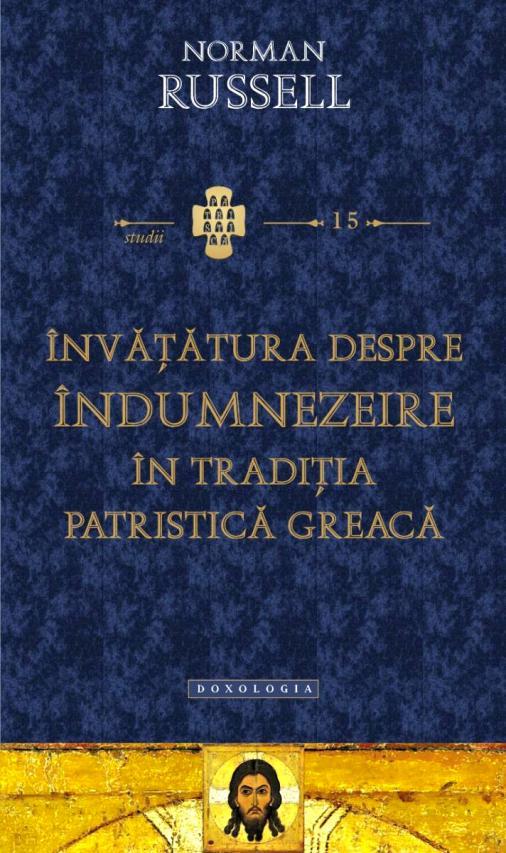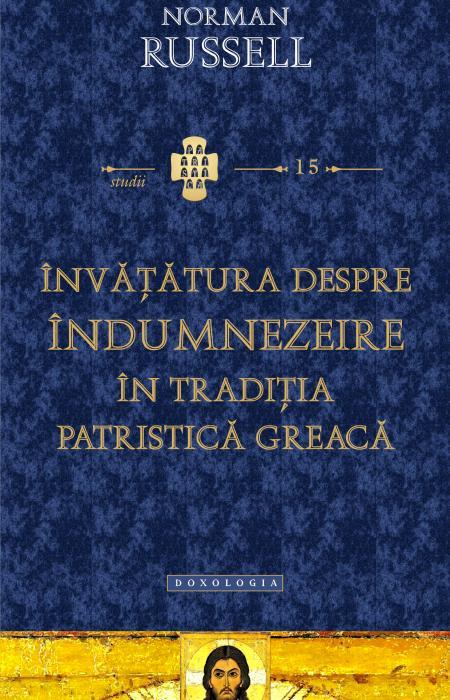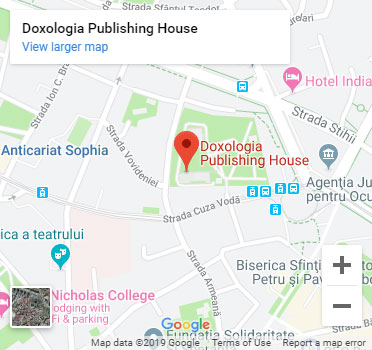A fundamental book for patristic research has been published by Doxologia: written by Norman Russell (an Anglican scholar, converted to Orthodoxy) and titled “The Doctrine of Deification in the Greek Patristic Tradition”, it was translated by Dragoş Dâscă and published in the “Patristics” collection, “Studies” series.
Referencing this book, Rev. Andrew Louth argued that “Norman Russell proves to be a master in presenting the subject. […] He reveals not only a good comprehension of the material under discussion, but also his knowledge of the relevant patristic works”.
“I have said: Ye are Gods; and all of ye are children of the most High” (Psalm 82, 6) and “whereby are given unto us exceeding great and precious promises: that by these ye might be partakers of the divine nature” (II Peter 1, 4) – these two scriptural verses represent the starting point of this study which is unique both in terms of the huge historical period and bibliography that the topic covers, and through the author’s ambition to demonstrate the central role of the deification dogma in the Church’s teachings. While exploring the diversity of patristic approaches from Irenaeus to Maxim the Confessor, Norman Russell offers an unmatched and persuasive investigation of the roots and the development of the teachings on deification.
The first part of the book includes a comprehensive analysis of the history and the Greek and Roman roots of the concept of theosis, which incorporates its Judaic and Egyptian filiations. It is followed by a survey of Alexandrine texts and original topics, grouped in two chapters: “The Alexandrine tradition I and II”, that skilfully connect the schools led by Clement, Origen and Didymus with the great defenders and creators of Orthodox dogma, Saints Athanasius and Cyril, Bishops of Alexandria.
After presenting the Alexandrine inheritance, the author retraces Origen’s inheritance – the concepts of divine transcendence and the soul’s ascension – in the writings of the Cappadocian fathers (Basil the Great, Gregory of Nazianzus, Gregory of Nyssa), which he accommodated with Saint Athanasius the Great’s teachings on the mediation of divine Logos through the deification of the flesh of the Logos.
In the climax of his study, the chapter “Monastic synthesis”, Norman Russell reveals his bright thinking and theological genius by analysing the doctrinal inheritance of great patristic authors such as Evagrius Ponticus, Macarius of Egypt, Dionysius the Areopagite and Maximus the Confessor.






